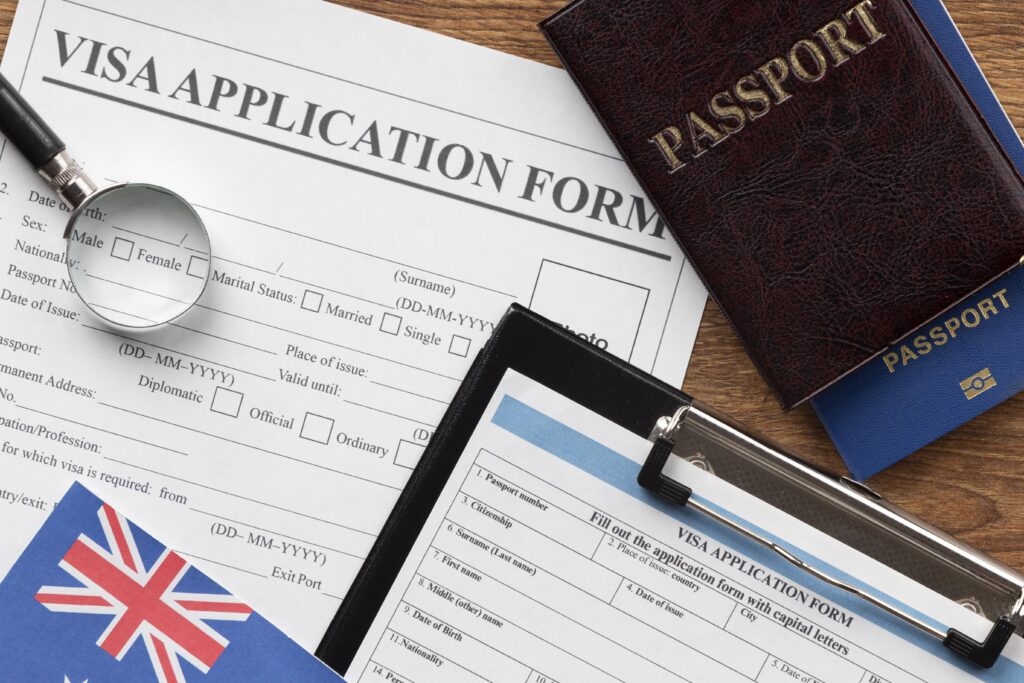For those planning to study abroad in Australia for Indian students, engineering and technology remain some of the most preferred academic fields.
Australian universities offer engineering programs in areas such as
Due to continuous infrastructure growth and technological advancement, qualified engineers are in strong demand across Australia and globally. Graduates often find excellent career opportunities in both the private and public sectors.
Some of the leading universities for engineering programs include:
These institutions are internationally recognized for innovation, research excellence, and industry collaboration.
Top Universities in Australia
When students decide to study abroad in Australia for Indian students, university selection plays a crucial role.
Australia has several prestigious universities known for:
Strong academic standards
Advanced research facilities
High graduate employability
Globally respected institutions include:
Australian National University
University of Melbourne
University of Sydney
University of Queensland
University of Western Australia
University of Adelaide
University of Technology Sydney
Your final decision should consider tuition fees, city preference, living expenses, course structure, and future job opportunities.
Leading Universities in Detail
1️⃣ University of New South Wales (UNSW)
A member of Australia’s prestigious Group of Eight universities, UNSW is widely respected for research-driven programs and strong industry partnerships.
2️⃣ University of Queensland (UQ)
Known for excellence in teaching and research, UQ houses multiple research institutes and centers supporting innovation across disciplines.
3️⃣ University of Western Australia (UWA)
One of the country’s oldest institutions, UWA offers a beautiful campus environment and quality student facilities.
4️⃣ University of Adelaide
A historic university offering diverse programs and multiple scholarship opportunities for international students.
5️⃣ Australian National University (ANU)
Located in Canberra, ANU is recognized globally for its academic reputation and research performance.
6️⃣ University of Sydney
Offers a wide range of disciplines along with modern infrastructure and vibrant campus life.
7️⃣ University of Melbourne
Highly ranked for academic quality and graduate employability, with a strong international student presence.
8️⃣ Monash University
Australia’s largest university with multiple campuses, known for research innovation and global engagement.
Intakes & Application Deadlines in Australia
Students planning to Study Abroad in Australia for Indian Students should understand the intake system.
Unlike India, Australian universities generally offer three main intakes:
Choosing the right intake depends on your academic readiness, English test scores, and course availability.
For accurate deadlines, always check the official university websites and the Department of Education portal.
Student Visa Checklist for Australia
After securing admission, the next important step in the journey to study abroad in Australia for Indian students is applying for a student visa.
Most students apply for the Student Visa (Subclass 500), which allows enrollment in full-time registered courses.
Essential Documents Required
To apply successfully, students generally need:
Confirmation of Enrollment (CoE) from the university
Valid passport
English proficiency test scores (IELTS / PTE / TOEFL)
Overseas Student Health Cover (OSHC)
Proof of sufficient financial funds
Passport-size photographs
All applications are submitted online through the official immigration portal managed by the Department of Home Affairs.
Study Visa Process – Step by Step
Step 1: Apply to a University
Receive your offer letter and accept it.
Step 2: Obtain Confirmation of Enrollment (CoE)
After fee payment, the university issues your CoE.
Step 3: Prepare Required Documents
Ensure academic, financial, and identity documents are complete.
Step 4: Submit Online Visa Application
Apply through the official immigration portal.
Step 5: Health Check & Biometrics (if required)
Academic & Financial Requirements
To successfully study abroad in Australia for Indian students, you must meet the following:
Academic Requirements
Financial Requirements
Immigration Requirements











